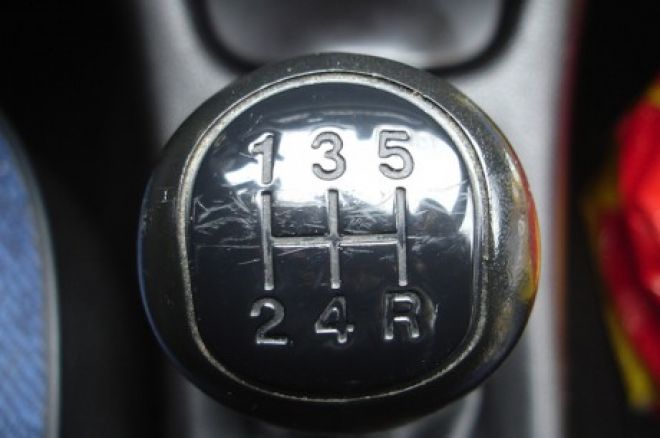Changing Gears To Keep Your Opponents Guessing

One of the best features of a game such as no-limit Texas hold’em is that it can be played any way you see fit. When you sit down at a cash game table or enter a multi-table tournament, you pay your money and are entitled to play how you wish, as long as you stay within the rules.
Poker players around the world have tasted success playing a variety of different styles of poker. Dan Harrington is one of the most famous tight-aggressive players of our time, while the legendary Phil Ivey has bamboozled his opponents with his loose-aggressive approach.
The majority of poker players settle on a playing style that suits their bankroll, their personality, and their skill set, but typecasting yourself as a player of a particular style and sticking to that style rigidly can be a recipe for disaster.
As I was discussing last week, when I play poker online my game and format of choice is no-limit hold’em multi-table tournaments. I love how the ever-increasing blinds alter my effective stack size and those of my opponents, and how you have to be constantly changing gears in order to accumulate chips.
“Changing gears” in the poker sense is altering your playing style from one extreme to the other in an attempt to throw your opponents off balance, which you then hope allows you to pick up some chips before switching back again to keep your tablemates on their toes and second guessing themselves as to what is going on.
Let’s say you usually play a standard tight-aggressive game, meaning you are not entering too many pots unless you have a solid starting hand, but often betting and raising with those hands when you do. After a short while, your opponents will start to notice that you are a tight player and likely will begin to adjust their games accordingly. That is to say, having noticed you aren’t entering hands without strong holdings, they will probably tighten up their own starting hand requirements whenever you enter a pot.
The problem with this approach for you is that you’re likely to only win small pots, possibly even only the blinds and antes, unless one of your opponents is also dealt a big hand, too. This is where changing gears can be extremely handy.
Now that you have a tight-aggressive image, you can quickly switch gears and start playing loose-aggressive or at least noticeably looser than usual. Your opponents will initially think that you’re having a rush of good cards before they eventually cotton onto the fact that you’re playing much looser now. Once they start to play back at you — having sussed out your game plan — you can revert back to a tighter approach and hope that your opponents think you’re still playing loosely, which could then see you paid off handsomely if you make a big hand.
The trick to changing gears is to do it instantaneously, much like when changing the gears of a car or motorcycle. For 20 hands you’ve played tight then *BOOM* the next six you play like a drunk Gus Hansen on a bluffing mission!
If you change gears slowly and gradually, you give your opponents time to adjust and that makes the act of changing gears redundant and pointless. However, when you change gears rapidly, your opponents will lag behind for a few hands or even orbits of the table and this gives you ample time to pick up plenty of chips that you probably would not have been able to had you stuck to one particular playing style.
Increasing blinds and antes and shrinking fields make tournaments more dynamic than cash games, with different approaches usually needed to make it through the early, middle, and late stages. But whether you play tourneys or cash games, remember it can be advantageous at times to change gears and adopt different styles so as to keep your opponents guessing.
Photo: Zirguezi, public domain.
Get all the latest PokerNews updates on your social media outlets. Follow us on Twitter and find us on both Facebook and Google+!








